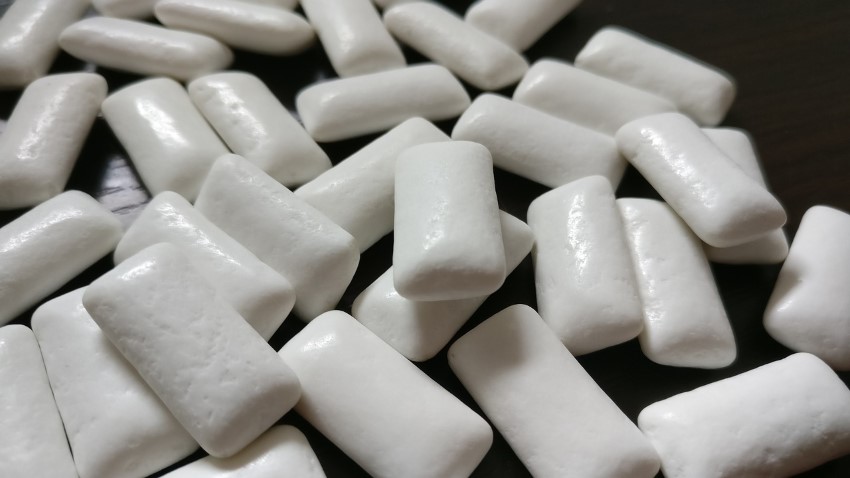By: Cameron Rudolph, Communications Manager, MSU AgBioResearch
2023 was the warmest year on record across the globe, according to the National Oceanic and Atmospheric Administration. Since 1850, the 10 warmest years have occurred in the past decade. Climate scientists have pointed to this trend as the root of more frequent and severe weather events.
For growers and producers of agricultural commodities, these climate challenges pose a variety of threats. From the extremes of flooding and drought to new pests and diseases, the environmental conditions farmers contend with are increasingly difficult to manage.
In Michigan, agricultural industries are dealing with both short- and long-term issues, but most funding has been provided to address urgent needs.
But a new partnership among the plant coalition (Michigan plant agriculture organizations), the Michigan Department of Agriculture and Rural Development (MDARD), and Michigan State University is aimed at helping Michigan plant agriculture mitigate and adapt to climate change, while promoting environmental sustainability and the protection and efficient use of the state’s water resources.
The Agricultural Climate Resiliency Program — which operates through MSU AgBioResearch and MSU Extension — was established in 2024 through the MDARD budget with $1 million in recurring funds to support faculty and Extension positions. A one-time investment of $5 million will go toward a competitive grants program, in which MSU researchers and Extension specialists can apply for three-year grants of up to $1.25 million.

Dr. Tim Boring, Director, MDARD
“Climate resiliency is one of our highest priorities at MDARD. We know the long-term prosperity and viability of Michigan agriculture, especially our specialty crops, depends on our ability to adapt to shifting climate conditions,” said Dr. Tim Boring, MDARD director. “Thanks to Gov. Whitmer’s bi-partisan budget and commitment to agriculture, the department was able to make these key investments in climate and water science, which long-term, are really investments in the future of our Michigan farm families.”
The concept of the Agricultural Climate Resiliency Program started several years ago with the plant coalition. The organizations’ leaders were interested in a mechanism that could benefit all of Michigan plant agriculture.

Jim Zook, Executive Director of Marketing, Michigan Corn Marketing Program
“This initiative really began in about 2016 when Michigan agriculture leaders got together and discussed research that could cut across commodities,” said Jim Zook, executive director of the Corn Marketing Program of Michigan. “Existing programs have done a nice job of meeting specific industry needs, but we needed something that would support longer-term research for the betterment of Michigan agriculture as a whole. It’s essential to involve growers in this process because they’re the ones who have dedicated their lives to these industries, and MSU does a great job of working with them directly.”
For MSU leaders, the Agricultural Climate Resiliency Program represents an opportunity to position the university at the forefront of climate and water research, while delivering practical strategies to growers.

George Smith, Director of AgBioResearch, Michigan State University
“The program is fundamentally about ensuring that Michigan is part of the solution to climate change mitigation and adaptation, in addition to issues around water quality,” said George Smith, director of MSU AgBioResearch. “Research will be multidisciplinary and geared toward sustainable approaches such as regenerative agriculture because we know that bolstering the resiliency of our agricultural systems in the face of new challenges is essential to Michigan and beyond.”
Proposals for the first set of projects are due March 1 and will be evaluated by a panel of experts from MSU, MDARD and the plant coalition.

Quentin Tyler, Director of MSU Extension
“It’s important that this work is grounded in the field and applicable to farms across our state,” said Quentin Tyler, director of MSU Extension. “We want growers to be embedded into the program, helping to define the program’s goals that ultimately meet their needs. Through MSU Extension’s presence in all 83 Michigan counties, we can ensure that our entire agricultural community has access to the research outcomes generated by the climate resiliency program.”
In addition to competitive grants, one of the program’s objectives is to increase MSU knowledge and expertise in strategic areas of climate and water science. This involves a cluster hire of six new faculty positions and two Extension educators with the $1 million State of Michigan recurring investment. Startup packages are being supported in part by funds from the MSU Office of Research and Innovation and the Global Impact Initiative.
The faculty roles, which will be housed in departments within the College of Agriculture and Natural Resources, will focus on:
- Groundwater use and availability for agriculture.
- Water quality with emphasis on nutrient flow and retention in surface water and soil.
- Economic impact of climate change on Michigan farms and programs focused on climate change adaptation and mitigation.
- Lifecycle analysis of agricultural systems — greenhouse gas emissions, impact of management, cost of inputs — with the goal of identifying return on investment for farmers.
- Modeling the impact of climate change on pest emergence and management.
- Modeling climate-smart agricultural management practices using remote sensing, climate data, soil information and more.
One of the Extension educators will develop programming on conservation-focused crop production that improves soil health and carbon sequestration. The second educator will lead educational efforts on how precision agriculture approaches such as remote sensing and statistical models can improve soil health and reduce input costs.
On top of these eight positions, an additional six faculty members will be hired with support from the MSU Office of the Provost.
“These areas were identified as critical gaps that hinder our ability to form multidisciplinary teams to solve these climate- and water-related problems,” Smith said. “It takes knowledge in key aspects of climate and water science to do this type of research, and while MSU is one of the leading plant science institutions in the world, we need additional experts to enhance our research capacity.
We’re appreciative of the State of Michigan and the plant coalition for recognizing the long-term role MSU can play in improving our agricultural operations across the state and addressing climate challenges through this investment.”
About Michican State AgBioResearch
Michigan State University AgBioResearch scientists discover dynamic solutions for food systems and the environment. More than 300 MSU faculty conduct leading-edge research on a variety of topics, from health and climate to agriculture and natural resources. Originally formed in 1888 as the Michigan Agricultural Experiment Station, MSU AgBioResearch oversees numerous on-campus research facilities, as well as 15 outlying centers throughout Michigan. To learn more, visit agbioresearch.msu.edu.


